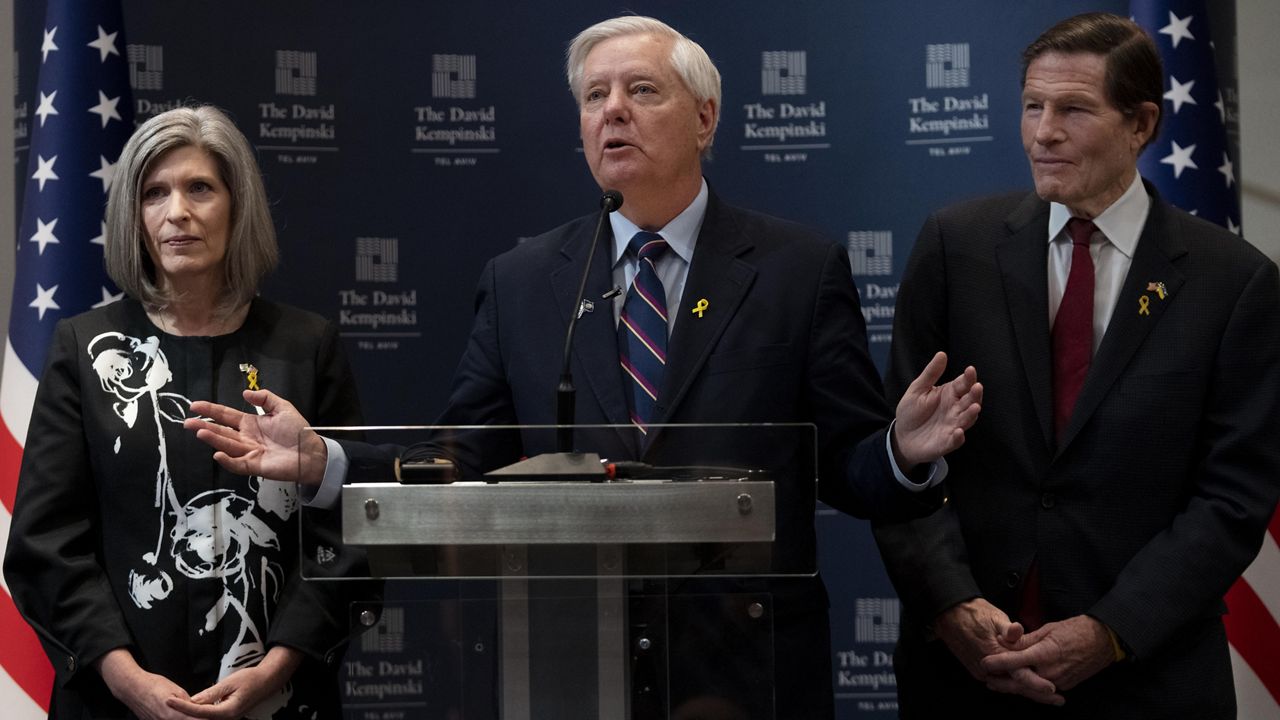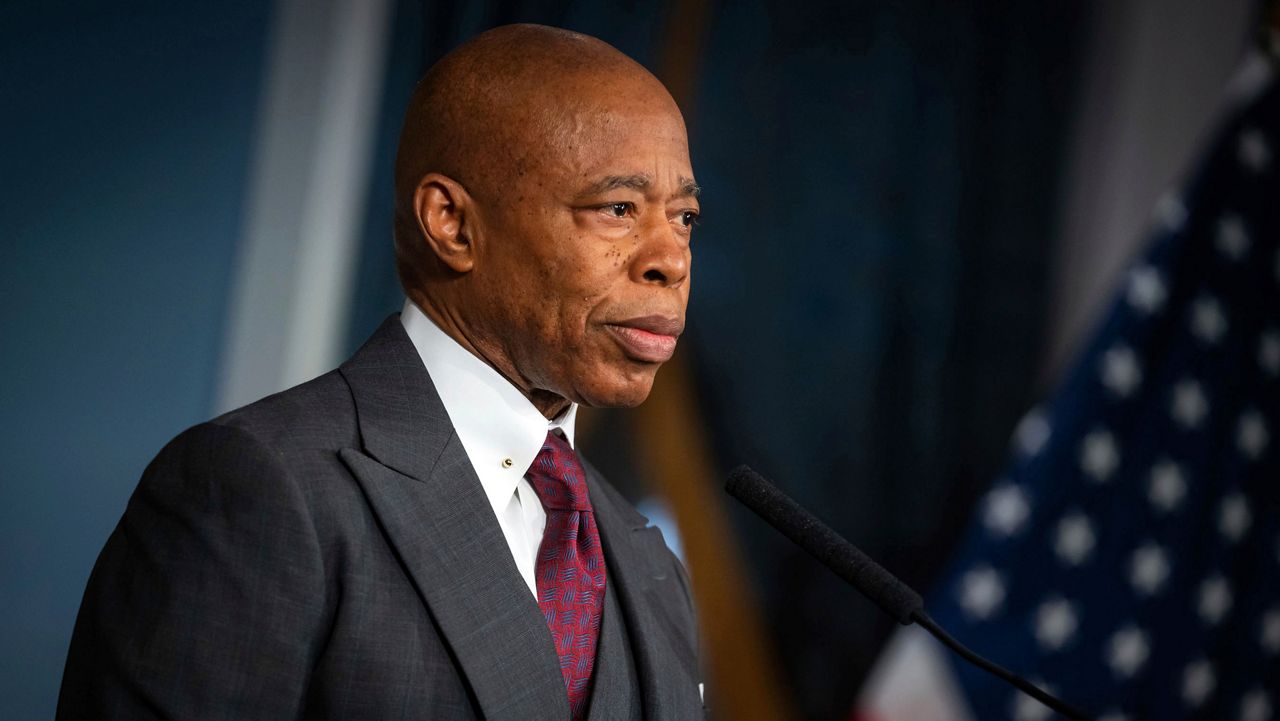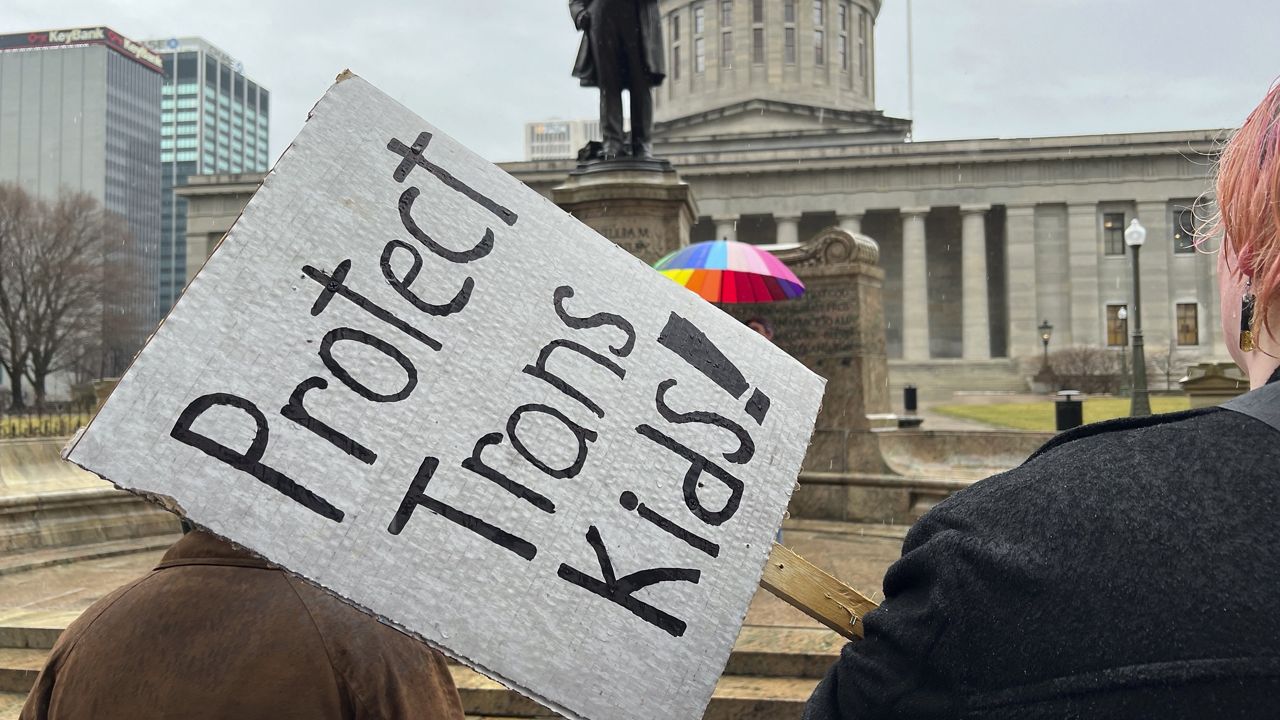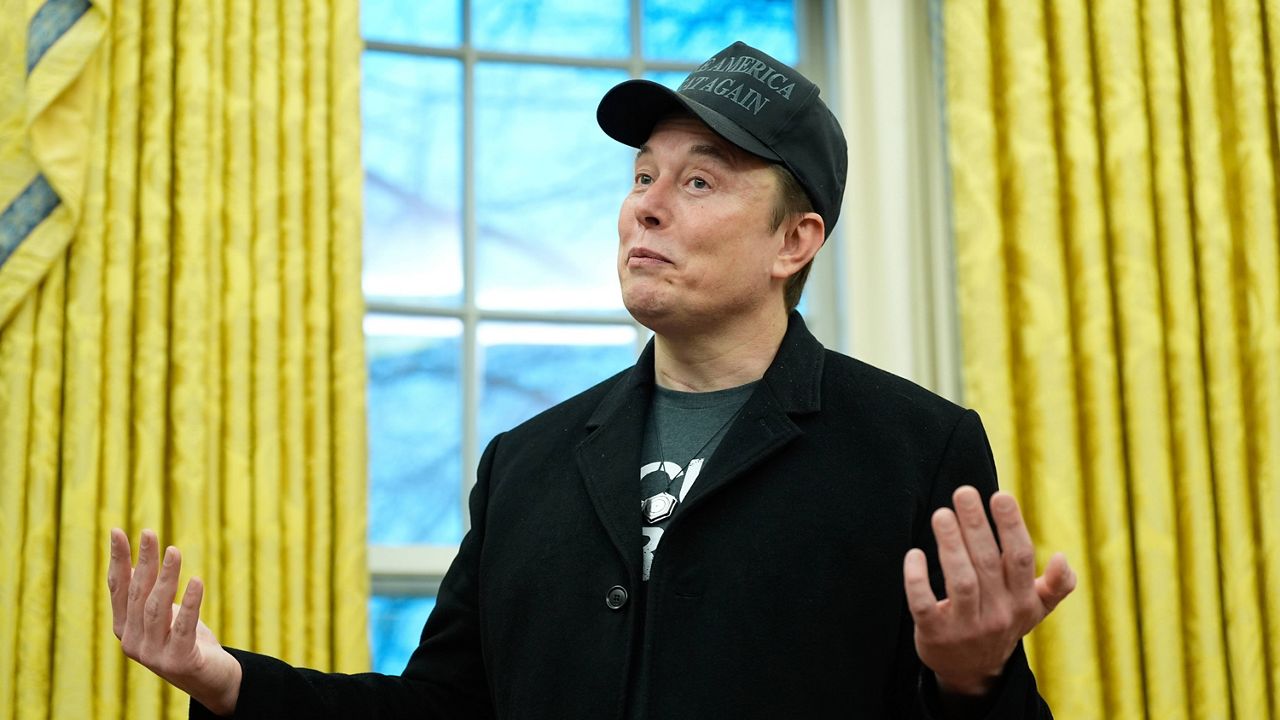In early January, a water main break shut off water and traffic along a busy stretch of road on western boulevard and I-440 in Raleigh.
Senior communication analyst Ed Buchan of Raleigh Water said they don’t know the exact cause and that an unrelated construction project may have played a part. But the age of the water line likely didn’t help.
"This particular line that broke was probably put it in the '70s," said Buchan. "It was cast iron. Those tend to be a little more fragile than a lot of the other modern materials."
Raleigh’s water system, Buchan said, is actually in pretty good shape — but nationally it’s a much different story.
Many of the nation’s water mains are old and should be replaced, but for many years there wasn’t much federal money to launch the projects.
According to the 2021 Report Card from the American Society of Civil Engineers, there is a water main break every two minutes in the U.S. — enough water to fill over nine thousand swimming pools.
"A lot of utilities, especially the smaller to medium size ones, need a lot of investment. Historically, there hasn’t been much investment, at least from the federal government, since the early 70s, when they passed the Clean Water and the Safe Drinking Water Act," Buchan said.
This week, mayors from across the country got an opportunity to learn more about federal money that can be used for water projects.
"Charlotte has always operated our water utility and they’ve done a great job of keeping up with the growth, but that doesn’t mean our pipes aren’t old and there aren’t going to be opportunities to get better at it," said Charlotte, North Carolina (D) Mayor Vi Lyles.
Opportunities are growing for some communities as last year’s Bipartisan Infrastructure Law provides $12 billion for clean water infrastructure.
And while Buchan said Raleigh hasn’t been eligible for the funds, some communities can receive money from the American Rescue Plan, the stimulus package passed at the height of the COVID-19 pandemic.
"This is a positive sign, but there are still a lot of utilities that have a tremendous amount of infrastructure needs," said Buchan.
A need that continues to boil up in community after community.









